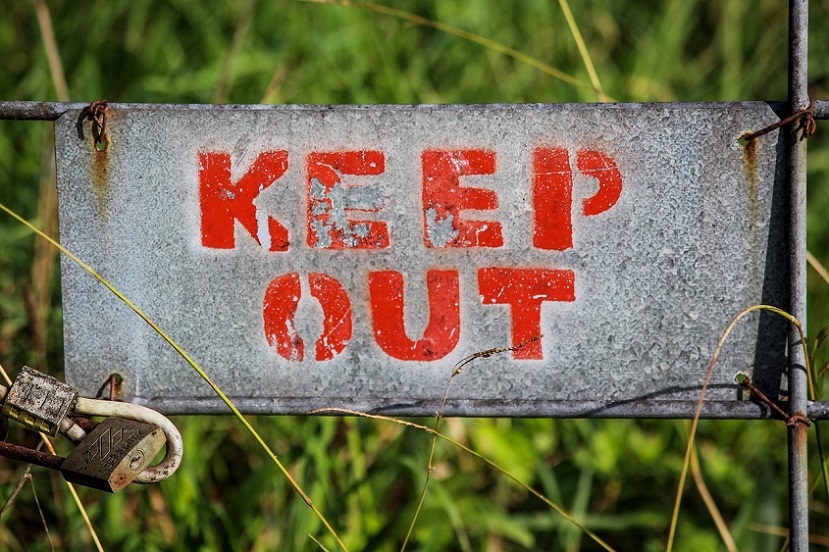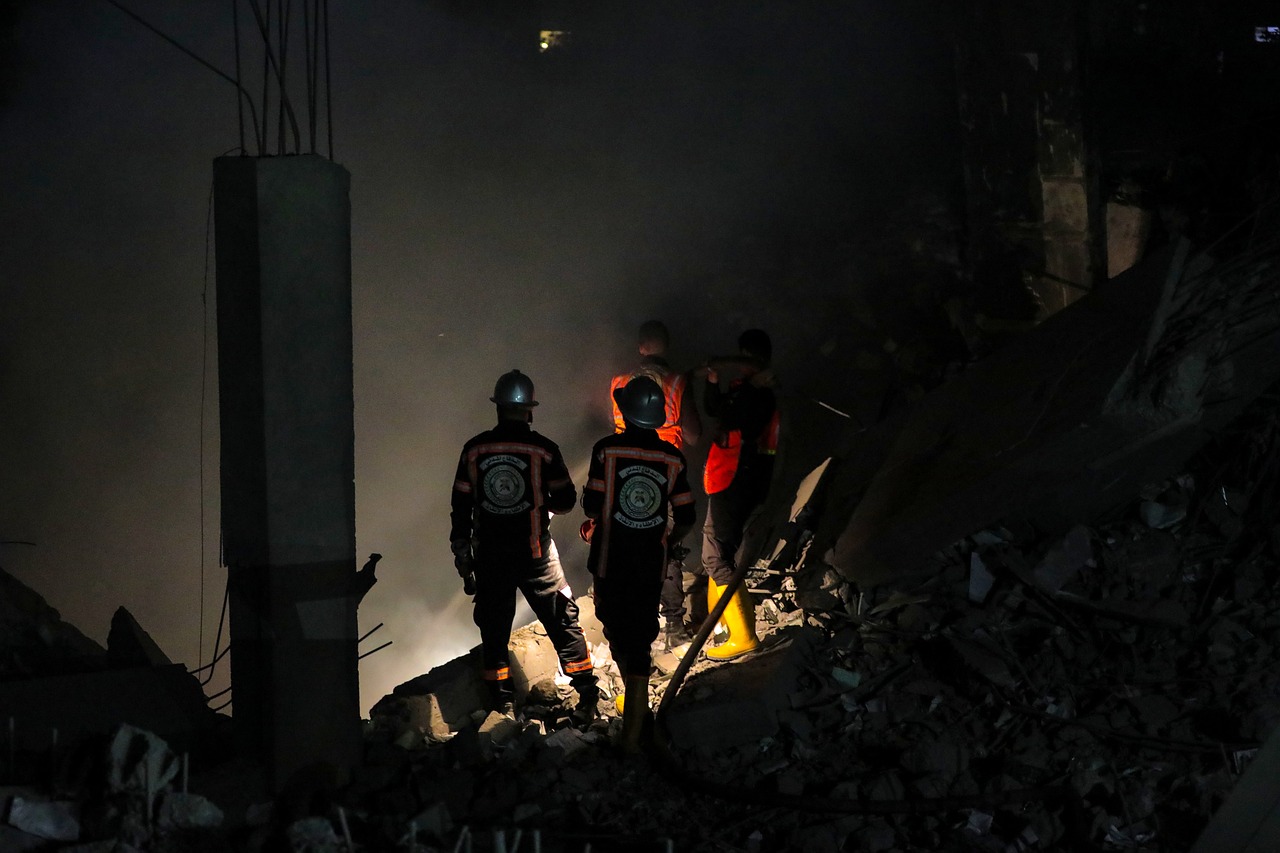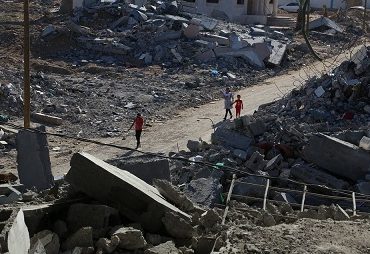It is clear that, alongside the extreme right, McCarthyism is reviving in some countries. People condemned, imprisoned, relegated, dismissed or forced to resign, silenced, criminalised, harassed or threatened for denouncing the Israeli massacre in Gaza, number in the thousands.
 Mario Muñoz
Mario Muñoz
The events in Gaza are radicalising many people around the world, a process that found vivid expression in the million-strong protest in London on 11 November and the demonstrations of hundreds of thousands around the world last year.
In the US, eight thousand artists, writers and other workers signed an explicit declaration against barbarism. In Spain, more than 350 cultural personalities, including Marisa Paredes, Juan Diego Botto, Emma Suárez, Ramoncín and Rozalén, signed a document “condemning the massacre in Gaza and the inaction in the face of the genocide against the Palestinian people”.
In the United States, eight thousand artists, writers and other workers signed an open declaration against the barbarity.
In Spain, more than 350 cultural personalities, including Marisa Paredes, Juan Diego Botto, Emma Suárez, Ramoncín and Rozalén, signed a document “condemning the massacre in Gaza and the absence of action in the face of the genocide against the Palestinian people”.
 They also call for an immediate halt to settler attacks in the occupied West Bank and denounce “the killings in Palestine, which have been occurring at an alarming rate in recent months, in the face of international and media silence.”
They also call for an immediate halt to settler attacks in the occupied West Bank and denounce “the killings in Palestine, which have been occurring at an alarming rate in recent months, in the face of international and media silence.”
In the UK, more than two thousand filmmakers, actors, visual artists, playwrights, musicians, photographers, poets, authors, comedians, producers, directors, DJs, architects and designers signed an open letter stating that “our governments not only tolerate war crimes, but aid and abet them”. On the other hand, on 5 December, Republican Congresswoman Elise Stefanik asked Claudine Gay, president of Harvard University, with the classic “answer yes or no” whether she condemned the use of the phrase “From the river to the sea, Palestine will be free” and the chants calling for an “Intifada” by her students.
Stefanik considered it necessary to open disciplinary proceedings against students who use them.
 On 2 January this year, Harvard’s first African-American president resigned amid accusations of plagiarism, racist insults, as well as being accused of responding tepidly in the impeachment trial before the US Congress over whether or not to take action against students who sing in support of Palestine.
On 2 January this year, Harvard’s first African-American president resigned amid accusations of plagiarism, racist insults, as well as being accused of responding tepidly in the impeachment trial before the US Congress over whether or not to take action against students who sing in support of Palestine.
Several governments ban demonstrations, marches, symbols and slogans condemning Israeli attacks and supporting the Palestinian cause.
In the UK, Home Secretary Suella Braverman instructed police to prosecute chants such as “From the river to the sea” as “an expression of a violent desire to see Israel erased from the world”.
Braverman urged action against flags, songs or slogans that might upset the Jewish community. According to Braverman, in certain contexts, flying the Palestinian flag can be labelled as “non-legitimate” behaviour.
Nor should we forget that, according to Variety magazine, the record label BMG said it would terminate the 2016 publishing deal with British musician Roger Waters, co-founder of the rock band Pink Floyd, because of his “controversial views” against the state of Israel.
 In France, more than four months after the start of the Israeli massacre, it is still illegal to demonstrate for Palestine, although the government has authorised some marches, such as the large demonstration in Paris on 4 November. Others, such as the demonstrations on 31 December, defied the ban and gathered thousands of people.
In France, more than four months after the start of the Israeli massacre, it is still illegal to demonstrate for Palestine, although the government has authorised some marches, such as the large demonstration in Paris on 4 November. Others, such as the demonstrations on 31 December, defied the ban and gathered thousands of people.
According to the London-based human rights organisation Islamic Human Rights Commission (IHRC), the UK, France and Germany are “violating the rights to freedom of opinion and expression, peaceful assembly and association”. In a report submitted to the United Nations in December 2023, the commission denounced that repression of protest and solidarity with Palestine is reaching “alarming” levels.
The persecution and cancellation of performances by artists critical of the attacks on Gaza in Germany reached its peak on 4 January, when the Berlin City Council announced that it will require cultural institutions to sign a declaration against anti-Semitism, racism and homophobia as a precondition for receiving financial support from the city. PL
(Translated by Rene Phelvin – Email: renephelvin@gmail.com) – Photos: Pixabay












.jpg)












